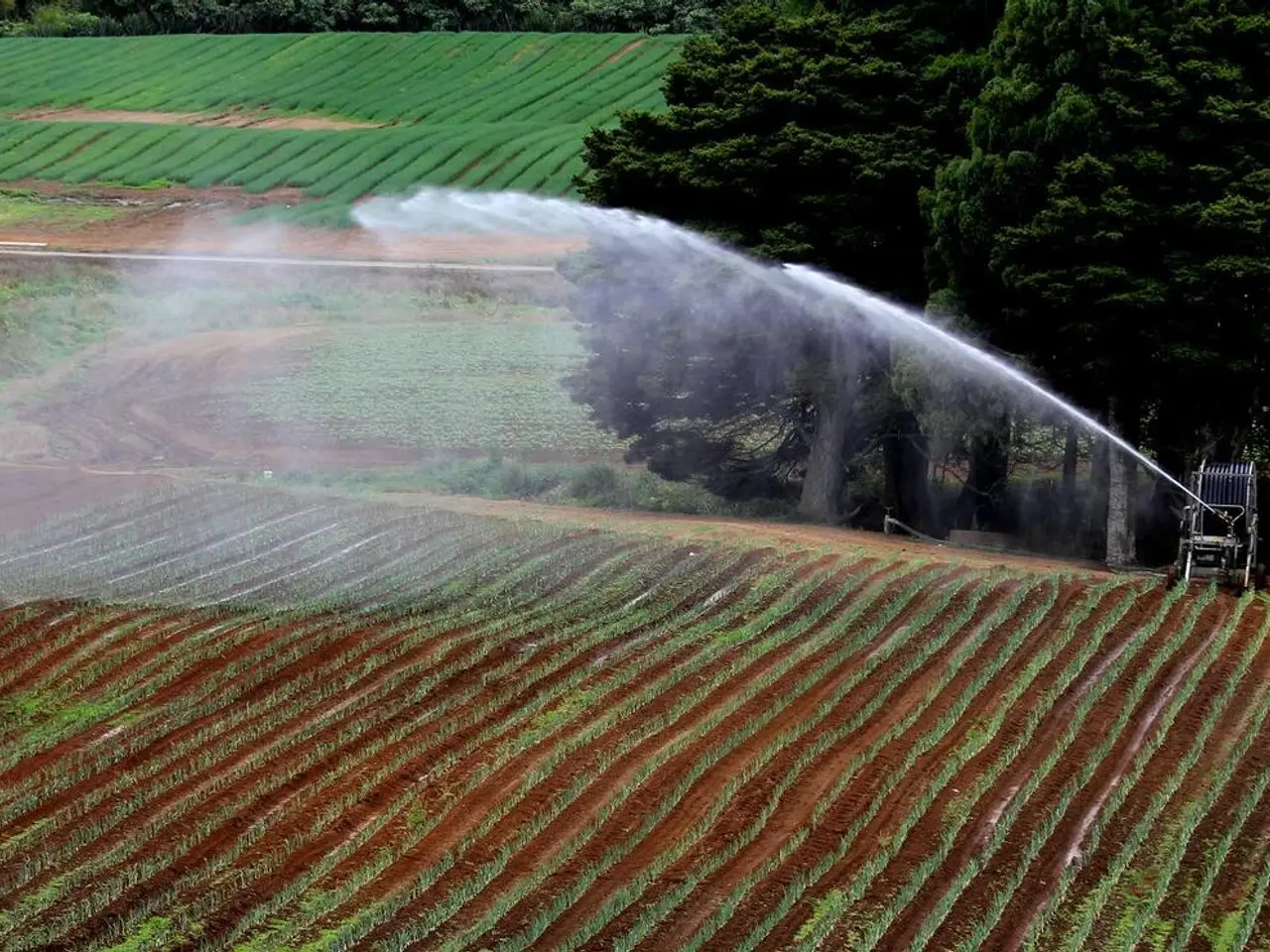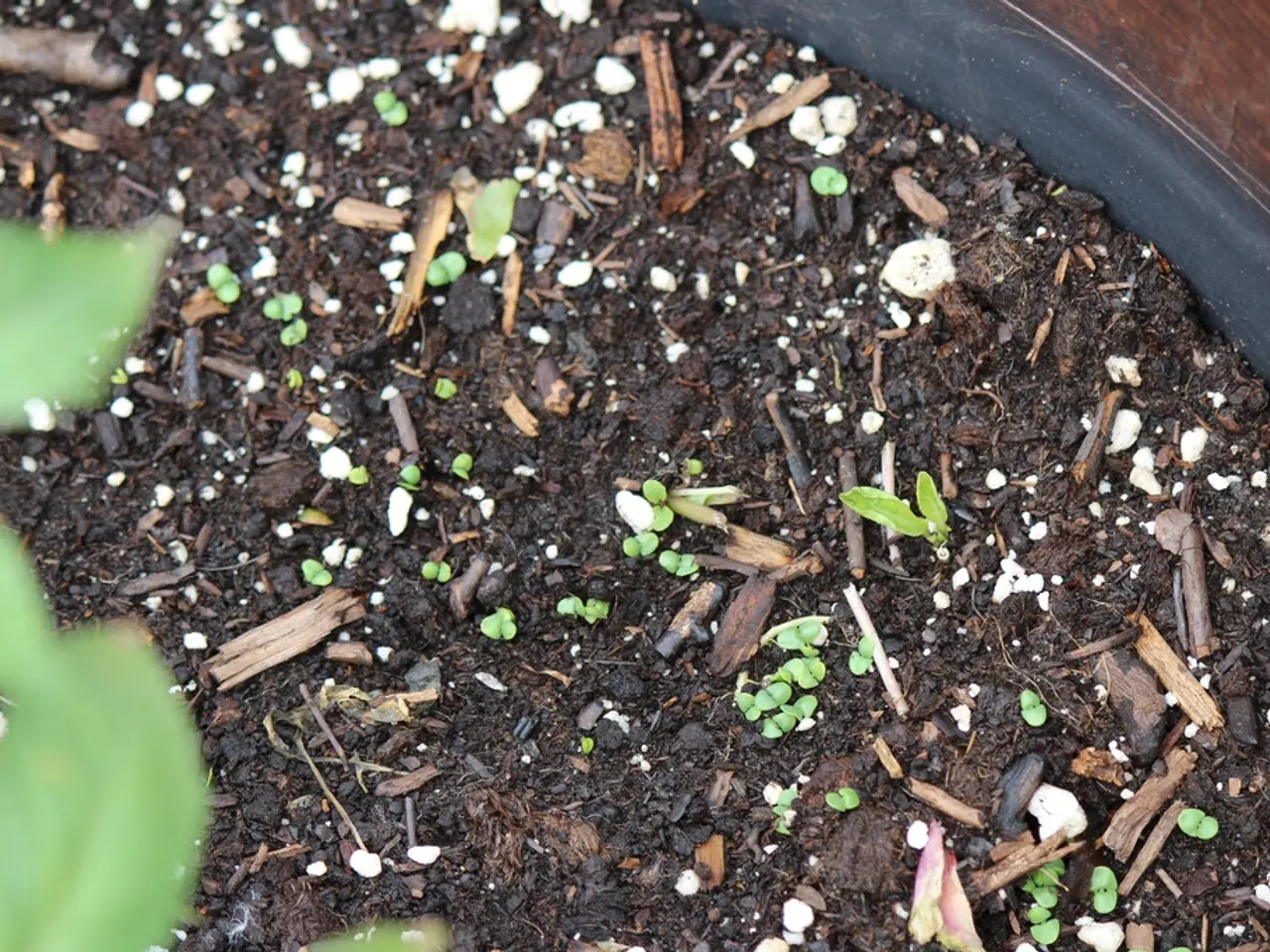Immigrants from the Dominican Republic left their cherished professions behind when they relocated to North Carolina, yet they found a way to reconnect with their cultural heritage.
Nestled in the heart of Charlotte, North Carolina, lies the vibrant Pascual Urban Farm. Founded by Eliseo and Wendy Pascual in 2018, this family-run farm has transformed an empty plot of land into a thriving hub of agriculture, community, and cultural pride.
Eliseo, with his background in agronomy and previous farming experience abroad, and Wendy, his dedicated partner, saw an opportunity during the pandemic to focus on developing their farm. Today, the farm at 11237 Plaza Rd Extension is a testament to their hard work and commitment, boasting over 125 chickens, 25 roosters, 12 ducks, 6 goats, and extensive fertile land dedicated to agricultural production.
The farm's offerings extend beyond fresh produce. You'll find a variety of fruits, vegetables, herbs, eggs, and livestock products all grown and raised on the farm. From juicy tomatoes and crisp cucumbers to aromatic basil, rosemary, and oregano, the Pascual Urban Farm is a veritable treasure trove of fresh, locally-grown produce.
Beyond agriculture, the farm is deeply committed to fostering community connection, environmental awareness, sustainability, and Latin culture. It hosts events, workshops, and volunteer days designed to educate about self-sustainability and consciousness. The farm also offers event spaces for rent, creating a hub for local engagement that extends beyond food production.
The Pascual Urban Farm is more than just a farm; it's a space for education and community. Eliseo, who trained as an agronomist in Moscow and managed a farm with sustainable practices in his native Dominican Republic, and Wendy, his wife, are passionate about sharing their knowledge and fostering a sense of connection and pride in Latin roots.
On the first Friday of each month, the farm hosts a cultural event featuring live music, traditional food, and shows. And on October 10, the farm will host the Mindful Together festival, focusing on mental health and offering free activities.
The farm's mission is clear: to cultivate relationships, opportunities, and a better future for all. It's a mission that extends to its commitment to sustainability, with a focus on creating awareness in future generations about the origin of food. The farm opens its doors for volunteering on the third Saturday of each month, inviting the community to join in its mission.
In addition to selling fresh produce, the farm sells eggs, chicken meat, and plans to expand its production. It's a testament to the Pascuals' dedication to providing locally-grown, high-quality food to their community.
So, whether you're looking for fresh produce, a unique event space, or an opportunity to learn about agriculture and self-sustainability, the Pascual Urban Farm is a must-visit destination in Charlotte, North Carolina.
- The Pascual Urban Farm, apart from providing fresh produce, also sells eggs, chicken meat, and plans to expand its food-and-drink offerings, reflecting their dedication to providing locally-grown, high-quality food that aligns with a health-conscious lifestyle.
- Beyond agriculture, the farm hosts events, workshops, and volunteer days dedicated to home-and-garden practices, fostering community connection, environmental awareness, sustainability, and cultivating a sense of pride in Latin culture, making it a hub for education and cultural exchange.




